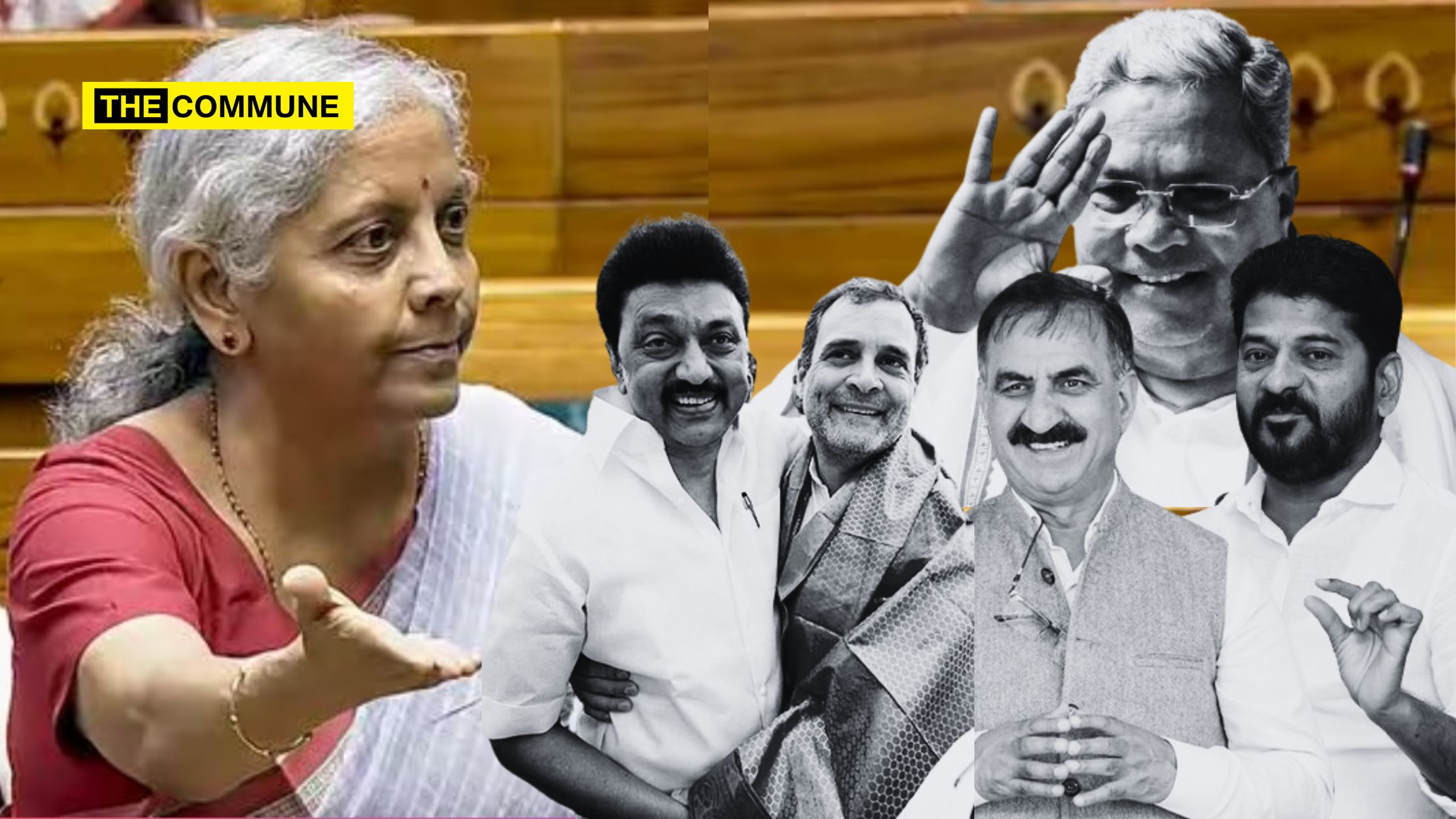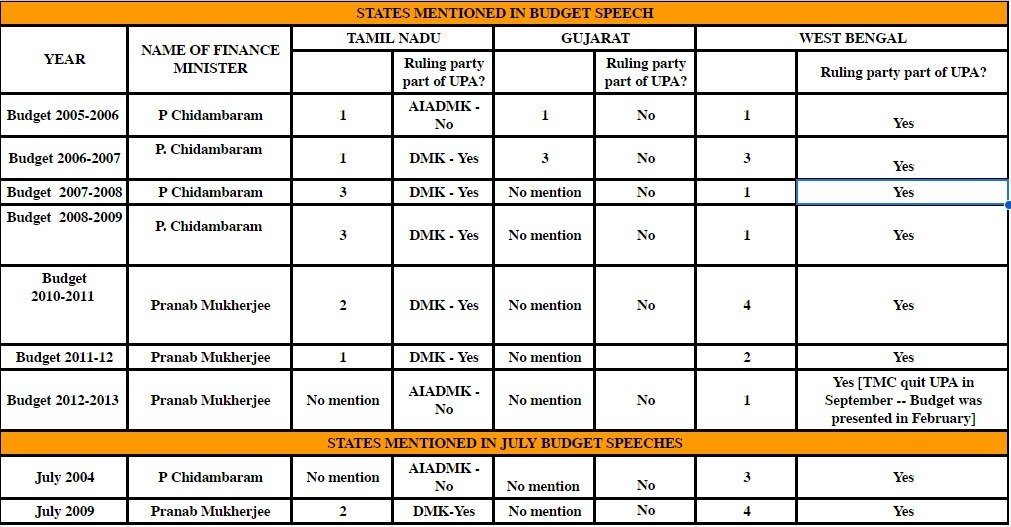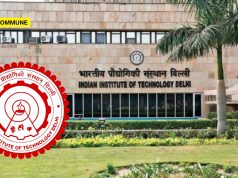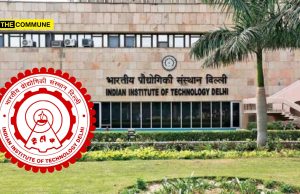
Several chief ministers, predominantly from the Congress and its alliance, are planning to skip the upcoming NITI Aayog meeting scheduled for 27 July 2024, in protest against what they consider a discriminatory Union Budget presented by Finance Minister Nirmala Sitharaman on 23 July 2024.
Tamil Nadu’s Chief Minister M K Stalin announced this decision at a press conference on 23rd July. In addition, Congress leaders such as K C Venugopal took to social media to criticize the budget as unfair and against the principles of federalism. Venugopal stated that Congress CMs would boycott the NITI Aayog meeting to protest the government’s actions, which they see as contradicting constitutional principles.
Among the Congress CMs joining the boycott are Revanth Reddy of Telangana, Siddaramaiah of Karnataka, and Sukhvinder Singh Sukhu of Himachal Pradesh. Siddaramaiah elaborated on his decision online, expressing dissatisfaction with the budget’s neglect of Karnataka’s needs, particularly in crucial areas like infrastructure and agriculture.
Stalin criticized the budget for severely neglecting Tamil Nadu’s demands and failing to increase allocations for essential sectors like health, education, and agriculture. He highlighted concerns over rising unemployment and inflation, accusing the central government of shortsightedness in its budgetary approach.
Overall, these chief ministers are protesting what they perceive as biased budget allocations that fail to address the genuine needs of their states, opting to boycott the NITI Aayog meeting as a symbolic gesture of their discontent.
Political analysts view the current boycott by opposition parties as a calculated political maneuver, drawing parallels with past actions by the Congress-led UPA government. They scrutinize UPA budget speeches to assess whether Congress Finance Ministers prioritized coalition states like Bengal and Tamil Nadu over states such as Gujarat, led by BJP’s Modi.
The analysis reveals compelling patterns, Tamil Nadu consistently received budget mentions under the UPA when the DMK, an ally, was part of the coalition. However, mentions ceased when the DMK withdrew from the UPA. This pattern raises questions about political alliances influencing budget allocations. Similarly, West Bengal featured prominently in UPA budgets while the TMC was a coalition partner. This suggests that coalition dynamics played a significant role in budgetary allocations during the UPA tenure. Gujarat’s mentions in UPA budgets declined sharply from 2007 onwards, coinciding with strained relations between Modi and the Gandhis ahead of assembly elections. This observation prompts reflection on whether political considerations influenced budget decisions during that period.
Key takeaways include questioning the role of political instincts in budget allocations under the UPA regime. It underscores how coalition dynamics may have influenced budget priorities, evident in selective mentions and allocations favoring allied states.
It’s noteworthy that these observations contrast with the current protests against perceived favoritism, suggesting a nuanced understanding of historical political strategies in budget formulation. Additionally, the UPA’s Railway budget under Lalu Yadav is cited as an example where election dynamics sometimes overshadowed budgetary prudence, highlighting past instances where political maneuvering influenced budget outcomes.

Here’s how then Finance Minister P. Chidambaram justified the UPA government giving special package to Nitish Kumar-ruled Bihar who was back then an ally.
2013: Congress provided special benefits in the Budget to Bihar to win over Nitish Kumar, who praised the move. No one called it discrimination. Chidambaram asked, “Why are you upset that Nitish is thanking me?” pic.twitter.com/oyJOEQ487J
— Political Kida (@PoliticalKida) July 24, 2024
(This article is based on an X post by Rahul Shivshankar)
Subscribe to our channels on Telegram, WhatsApp, and Instagram and get the best stories of the day delivered to you personally.




